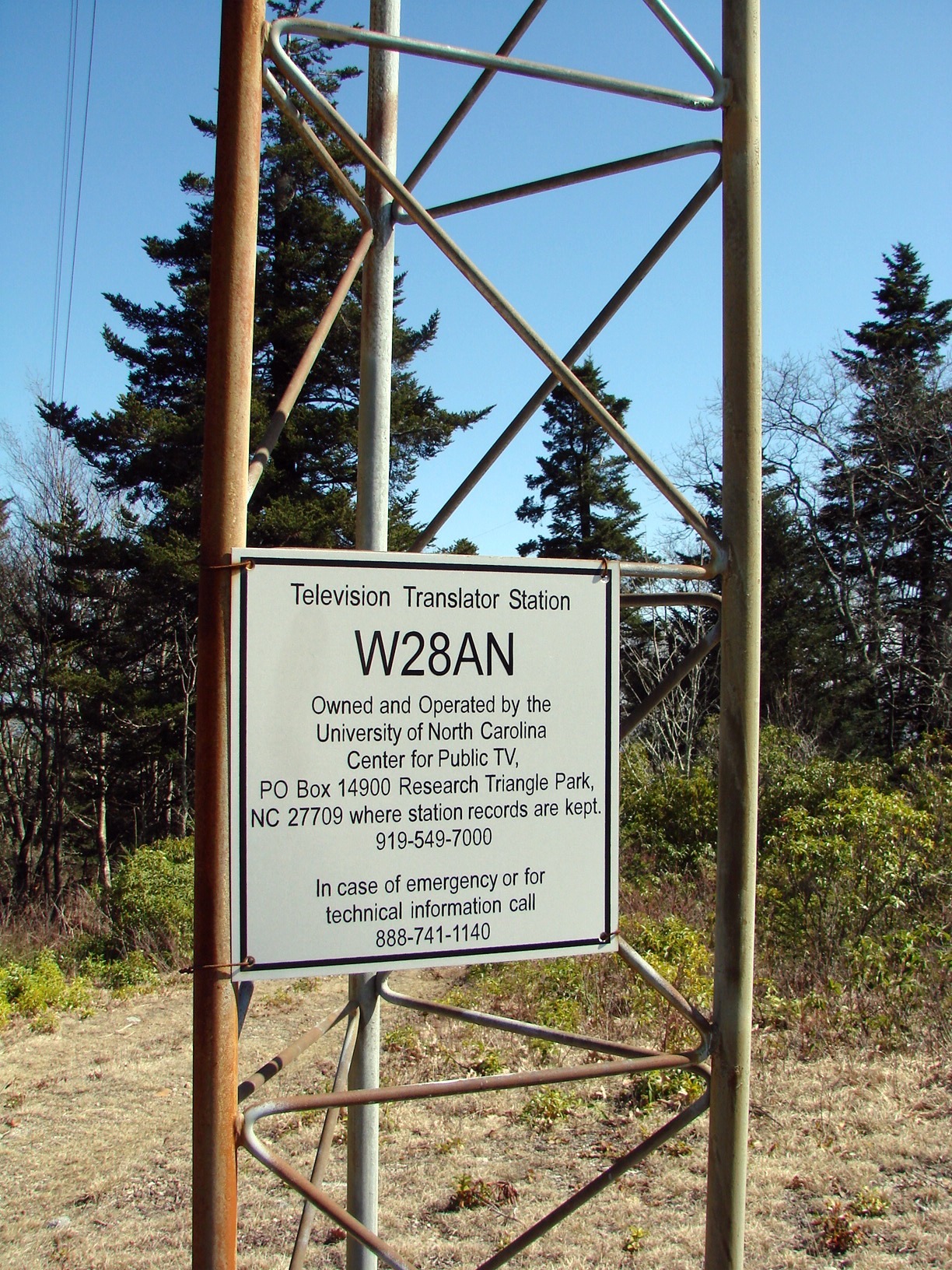FCC Tees Up LPTVs for Digital Transition

Image by Jean Gregory Evans
WASHINGTON: The Federal Communications Commission is targeting mid-2012 for requiring all low-power TV stations to shut down analog transmissions. The commission on Friday released a Further Notice of Proposed Rulemaking seeking input on the LPTV digital transition, which also covers TV translators. The ruling would affect more than 2,450 low-power TV stations, 520 Class A stations (LPTVs with interference protection), and around 4,500 licensed translators serving mostly rural areas.
The notice outlines seven specific issues related to the proposed transition. The 2012 hard date is foremost. The FNPRM also lists a requirement to move all LPTVs and translators out of the 700 MHz band. A third item involves delegating authority to the agency’s Media Bureau to oversee LPTVs that flash cut. The 5 percent fee set on subscription services for full-power broadcasters is also being considered for LPTVs. A rules modification is proposed to change an LPTV’s transmitter site of up to 30 miles from the reference coordinates of the transmitting antenna. And finally, the notice seeks feedback on allowing LPTVs to use the same emission mask as full-power stations.
Regarding the relocation of stations in the 700 MHz band--those on Chs. 52-69--the FCC said, “We believe… that it is now appropriate that the 700 MHz band be cleared of low-power television broadcasters, both analog and digital, by a specific date so that new commercial wireless and public safety entities can continue to deploy their services.”
The commission said that less than 2 percent of LPTVs proposed building digital facilities in the 700 MHz band--10 by flash cut and 80 on digital companion channels. A transition date of Dec. 31, 2011 is proposed for these out-of-core stations. “Displacement” applications would be due six months prior, on June 30, 2011. A freeze was imposed upon filing applications for new analog LPTVs and for modifications of stations in Chs. 52-69 as of Sept. 17.
The commission’s notice dismisses a petition from the New America Foundation to require LPTVs to share interference status with unlicensed devices.
“New America argues that such a condition on licenses for digital operations of low-power stations will ‘promote universal broadband’ by ‘expanding direct access to spectrum,’” the notice stated. The FCC said LPTVs already were granted incumbent protection in the unlicensed devices proceeding, rendering New America’s petition moot.
Brendan Holland, an attorney with Davis Wright Tramaine in Washington notes that the FCC notice did not discuss alternative transition dates, though it does warn of possible conflicts with the National Broadband Plan. The NBP aims to reallocate 120 MHz of broadcast spectrum for broadband. The proposed rulemaking for that relocation has not yet been issued, so just where on the spectrum LPTVs would be booted is not yet clear. LPTVs that transition early could find themselves doing so a second time, Holland says.
“Clearly, if the commission is actually going to reallocate the spectrum as suggested in the National Broadband Plan, it should do so first before it mandates a DTV transition for LPTVs,” Holland writes at DWT’s Broadcast Law Blog. “Or at the very least, it shouldn’t mandate such a transition until it can ensure that LPTV stations are transitioning to digital on a channel that won’t subsequently be reclaimed and re-purposed for a competing wireless broadband operation.”
The notice does ask that very question, Holland noted. He also warned that the FNPRM mentions the potential spectrum reallocation as if it’s a done deal.
“All television broadcasters should take careful note,” he said. “Despite referring to it as the ‘recommended reallocation of spectrum from the broadcast TV bands,’ the commission in this item repeatedly refers to the reallocation of TV spectrum in a way that implies that it is a given and not merely a recommendation in a white paper.”
Comments on the FNPRM will be due 60 days after the item is published in the Federal Register, with reply comments due 30 days after that.
-- Deborah D. McAdams
Get the TV Tech Newsletter
The professional video industry's #1 source for news, trends and product and tech information. Sign up below.
